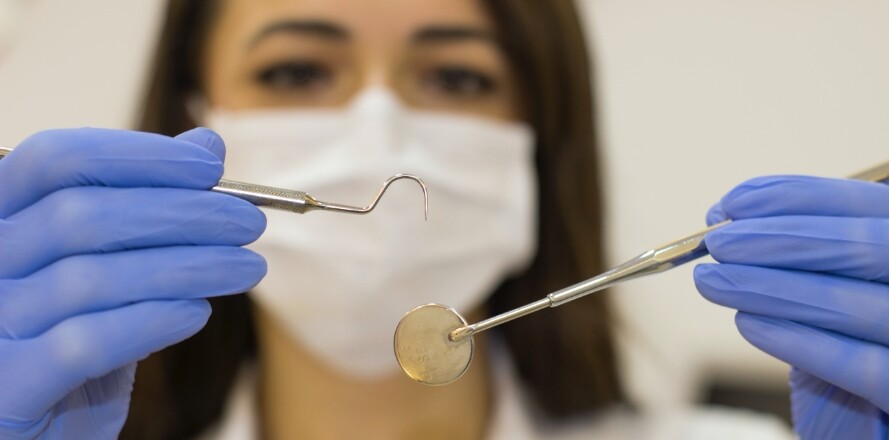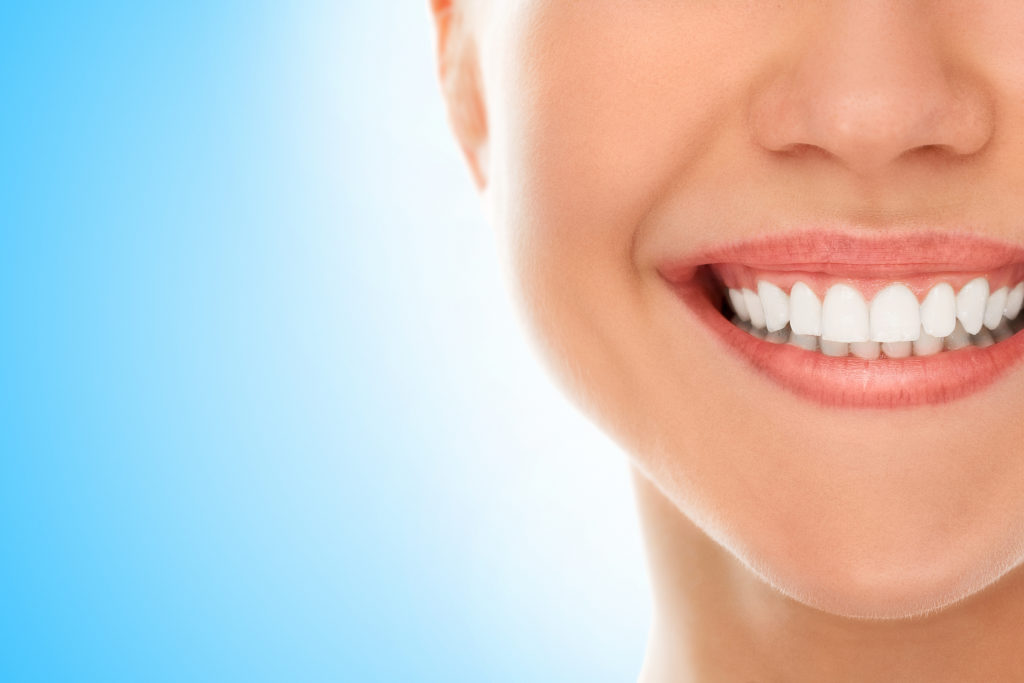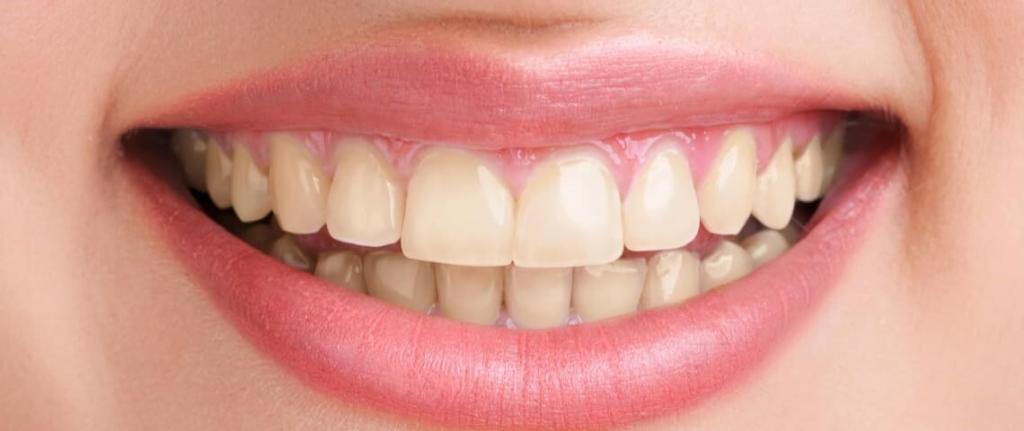
From a very early age, we are encouraged to ask questions – to parents, to teachers, to coaches. This same principle is to be applied to us, the dentists. The Dentist’s office is a place of curiosity. Asking questions is an important part of your dental visit and overall healthcare. It allows us to cater to your individual problems and face them head-on. Here are some of the most common questions we receive:
1. How often should I get a Dental Clean?
We like to say “prevention is better than a cure” and a professional clean is definitely a preventative measure of many oral health problems.
It is recommended that you visit the Dentist a minimum of 2 times a year. According to the Dental Association of Australia, “dentists recommend a routine dental check-up every 6 months, but a cookie cutter approach does not necessarily work for everyone.” We recommend a professional clean every 6 months for most people, but others with a high risk of gum disease or tooth decay may need to visit the dentist every 3 months.
2. How much does a checkup cost? Are checkups important?
Smiles Unlimited offers complimentary checkups during weekdays. We are more than happy to assess your oral health for free because your smile is our passion. This will allow us to determine whether your mouth is healthy or if there are any issues we can address in later visits. Hence, checkups are important as they can help see if you’re healthy!
3. Why do I Need Dental X-Rays?
Your dentist should take a full set of dental X-rays early into the doctor-patient relationship. X-rays help your doctor monitor any changes that could be happening in your teeth between appointments. Most adult patients have bitewing X-rays every year. Our clinic provides in house X-Rays with our own X-Ray machine. This means you do not have to go to another X-Ray clinic. We can take the X-Ray during your first consultation visit. The full mouth (OPG) X-Ray is covered by Medicare.
4. Should you rinse your mouth after brushing?
Answer: FALSE! No rinsing is required! Spitting out and not rinsing leaves a protective layer of fluoride on your teeth. The same principle applies to mouth wash.
5. Why does my mouth feel dry?

Dry mouth can be a symptom of many different problems and can happen as you get older. Quite often it is a side effect of medication – especially heart, blood pressure, and depression tablets.
If you have a dry mouth, this can be very uncomfortable and it can make eating certain foods very difficult.
Many prescription medicines can cause a dry mouth, if you are taking any regular medication from your doctor, it may be worth discussing these symptoms with him to see if there is an alternative that does not have the same side effects.
If you think that you are suffering with a dry mouth, you should discuss this with our dental team. It may just be that you are dehydrated but it may be telling of a bigger problem. We may recommend one of the many products that are available over-the-counter to help to alleviate this problem or turn you to your GP if there is a greater health issue.
6. I Have Sensitive Teeth. How Do I Fix This?
You can try using a toothpaste specifically designed for sensitive teeth such as Sensodyne.
Rub a little toothpaste into the sensitive area when going to bed as it helps protect the surface.
You should try to avoid strongly acidic foods or drinks and wait at least an hour after eating before brushing as this could cause even more sensitivity. Grinding your teeth can also increase sensitivity and a mouth guard may be necessary.
If the pain continues, speak to our dental team and they may be able to offer further care to reduce your symptoms. A number of things can cause sensitivity and our dental team will be able to identify these and advise the correct care.
7. How Do I Practice Good Oral Hygiene at Home?
Aside from the obvious – brush twice a day for 2-3 mins each time– here are some steps you can take for great dental wellbeing.

- Floss daily
- Use mouthwash daily
- Use products that contain fluoride
- Eat a balanced diet of fruits and vegetables while limiting your intake of high sugar snacks
- Drink plenty of water
- Avoid tobacco
If you still have questions – and we hope you do – please do not hesitate to call us!
0 comments on “Most Commonly Asked Dental Questions”